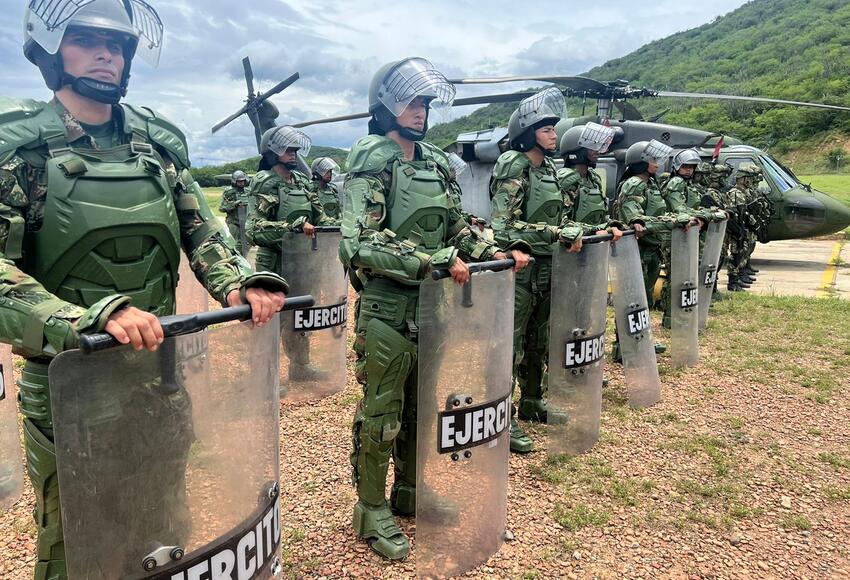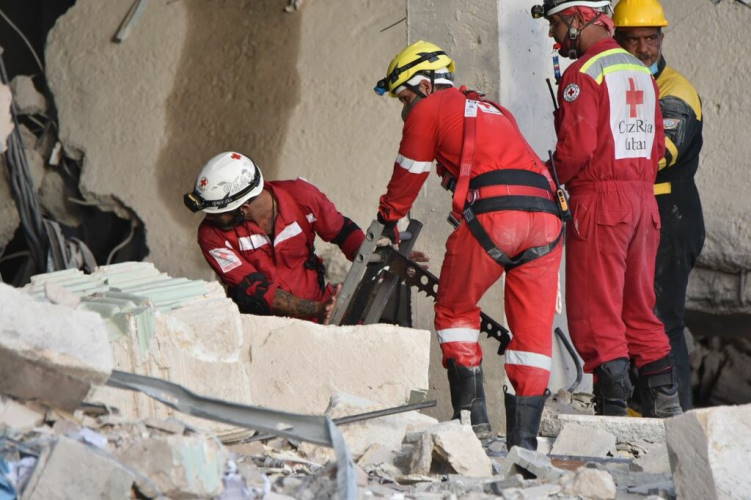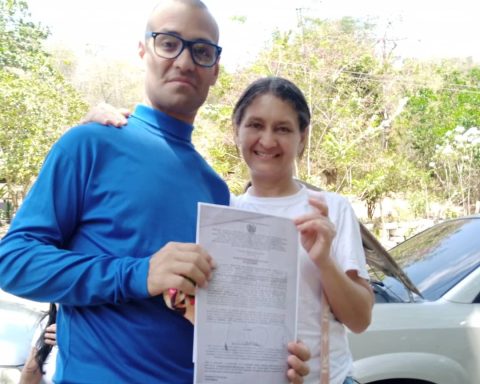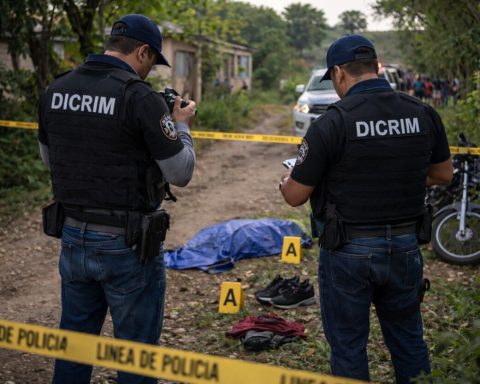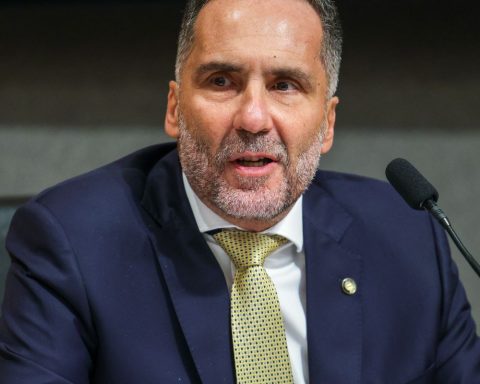Some 120 soldiers who had been locked up in a military barracks since Saturday, surrounded by coca growers on the Colombian-Venezuelan border, were releasedaccording to a human rights defender authority.
“Through dialogue we managed to get the peasants to give way to the troops that were in the military base“, Said the personero of Tibú, in the department of Norte de Santander, where the uniformed men were cornered.
Earlier, a person in charge of the Army reported that the coca growers demonstrated “disagreements with the illicit crop substitution program“, an initiative derived from the Peace Agreement that disarmed the FARC guerrillas in 2017.
In context: Public Force is ready to rescue soldiers held by communities in Catatumbo
The program prioritizes the voluntary eradication of coca plants in exchange for economic benefits over the forced elimination carried out by soldiers. at the time they were surrounded by growers and escorted to the base of Caño Indio.
In the morning, the peasants had joined hands to form a human chain and prevent a dozen soldiers armed with rifles from leaving the military facility located in the Catatumbo region.
1/2 After dialogue with the community of Caño Indio in #Tibu, #North of Santander and military in the area, the @DefensoriaCol reaches consensus to restore water and electricity services at the military base, which had been cut off by citizens. pic.twitter.com/GHcVz2ZWkn
— Ombudsman (@DefensoriaCol) May 11, 2022
Over there the UN estimates that there are about 40,000 hectares planted with cocathe raw material for cocaine.
You may be interested in: A wounded patrolman leaves a sniper attack in El Tarra, Norte de Santander
Luis David Rincón, leader of the cocaleros, claimed that “the Government did not comply with what was negotiated in Cuba. The reason to plant coca is the economic issue, there is no other way to survive and how to subsist”he emphasized.
On Monday, reporting the retention of his men, General Ómar Sepúlveda had denounced a “kidnapping”.
Elected by a right-wing party that opposed the peace agreement, President Iván Duque has redoubled the persecution of the drug business through the forced eradication of the crops, carried out manually by the soldiers in the midst of frequent clashes with the coca growers.
Also read: Landslides leave Norte de Santander incommunicado with the interior of the country
In October, some 180 soldiers who were eradicating drug crops in Tibú were detained and then released with the intermediation of the state human rights agency.
guerrilla rebels Eln and dissidents of the former FARC guerrilla that did not take advantage of the historic agreement operate in the area profiting from drug trafficking revenues.
With a record production figure of 1,010 tons in 2020, Colombia remains the world’s largest exporter of cocaine and the United States as the main consumer of that drug.
